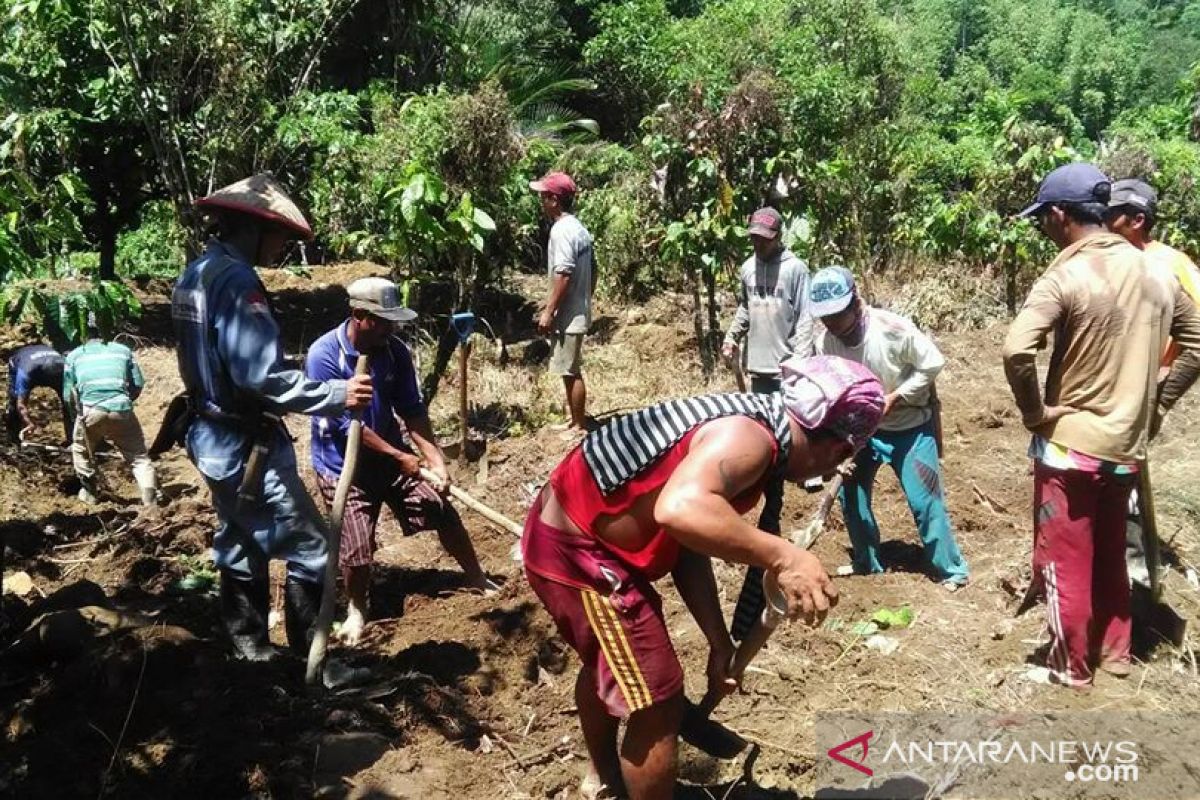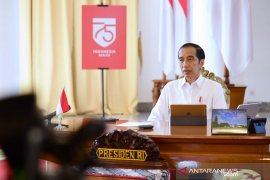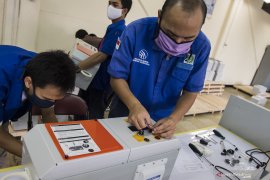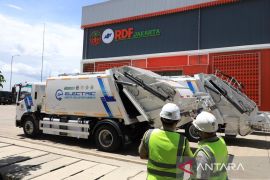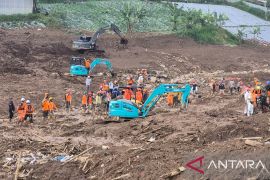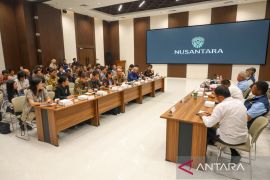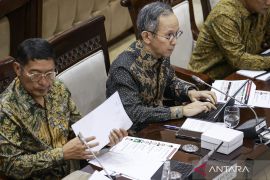Jefri, a farmer in Lembantongoa Village, Sigi District, pointed out that if he were to stay at home in accordance with the authority's instruction, he would be unable to make money and purchase daily necessities for himself and his family.
Hence, Jefri and other fellow farmers are bracing themselves to work in the farmland to grow rice and vegetables.
Jefri explained that his only protection was having an awareness to practice personal hygiene and maintain physical distance with other farmers.
Yanto, another farmer in the district's Kamarora Village, affirmed that most farm work remained uninterrupted amid the coronavirus pandemic. Some ploughed lands for rice and corn, while others were growing peanuts.
Other agricultural commodities grown include tomato, red chili pepper, and red onion, he added.
While working on the field, Yanto said he and other fellow farmers would wear face masks and practice personal hygiene in line with the Indonesian government’s instruction.
"If we refrain from doing our work, how can we afford to eat?" he questioned.
On a separate occasion, Sigi District's Agricultural Office Chief, Mulyani, remarked that food supply in the area relied on crops in the sub-districts of Palolo and Nokilaki, the two largest farmlands and main producers of rice, coffee, and cacao in Sigi District. Related news: Social distancing: workers find working from home challenging
Related news: Indonesia enacts social distancing in 10 regions over coronavirus
EDITED BY INE
Translator: Anas Masa/Genta Tenri Mawangi
Editor: Suharto
Copyright © ANTARA 2020
